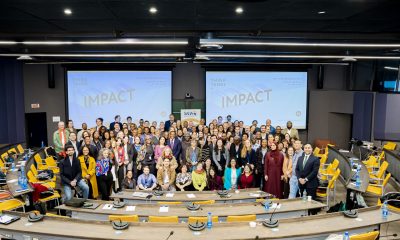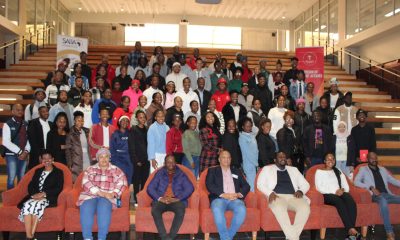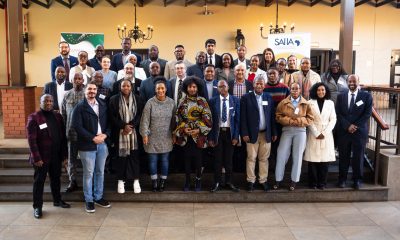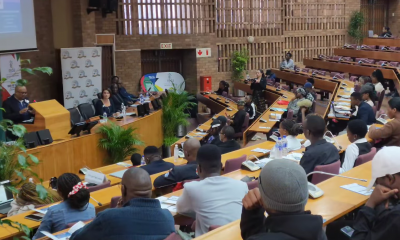Accession to the continent’s premier home-grown governance assessment instrument is voluntary and involves opening up a country for rigorous scrutiny of its governance practices. SAIIA researchers were there to observe proceedings, captured in the official communique from the Forum and an analysis of the 2014 Forum by SAIIA.
The APRM has been seen as a complicated process that has not been well enough understood. Its workings, structures and stages can appear overly technical and daunting to someone wanting to learn more. That’s why SAIIA has developed the APRM Toolkit, to make it easier to find out about everything related to the APRM.
Click here to visit SAIIA’s new, relaunched APRM Toolkit, available in both English and French.
The APRM Toolkit has been substantially redesigned, and is a comprehensive repository of APRM knowledge for continental practitioners, civil society members, academics, students, journalists and donors. It was designed to provide a single entry point for access to all of the most important APRM official documents and independent analysis of the process. The Toolkit contains founding documents, country review and progress reports, academic and civil society papers on the mechanism, APRM standards, as well as research and training materials published by SAIIA. It also has relevant audio and video podcasts reflecting on aspects of the APRM.
SAIIA’s APRM Toolkit is easy to use. If you click on the country flags, you will find all the material related to the APRM in that country. There are many ways to refine your searches, such as by official APRM documents or civil society analysis, or by the four thematic areas of the APRM (democracy and political governance, economic governance and management, corporate governance and socio-economic development). SAIIA‘s APRM Toolkit helps take the mystery out of the mechanism!
If you would like to submit a paper or other material for SAIIA’s APRM Toolkit, please email Sydney Letsholo on Sydney.Letsholo@wits.ac.za
Recent SAIIA documents on the APRM
- Peer Review Mechanism Gets Back to Business, But Stronger Participation at Heads of State Level Needed (Opinion piece, February 2014)
- The OAU/AU at 50: Democratic Governance as a Precondition for a Sustainable African Future (Policy Briefing, January 2014)
- The African Peer Review Mechanism Ten Years On: How Can It Be Strengthened? (Policy Note, January 2014)
- State–Civil Society Relations: The Potential Contribution of the African Peer Review Mechanism (Policy Briefing, December 2013)
- Strengthening Peer Learning in the African Peer Review Mechanism: The Case for Best Practices (Policy Briefing, November 2013)







